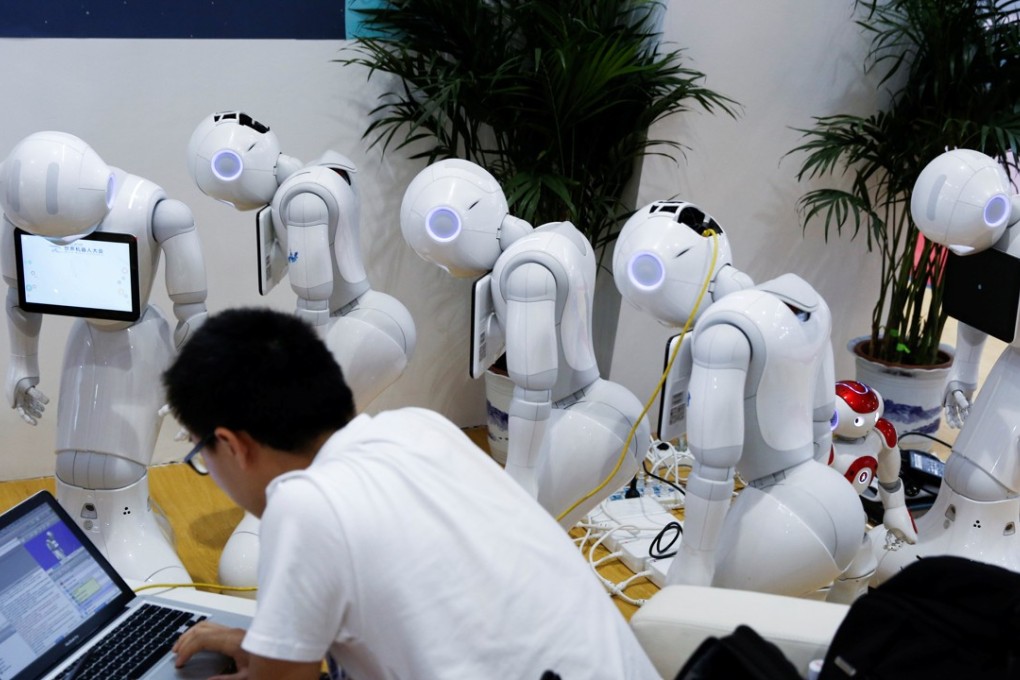Opinion | How will Hong Kong fare in the new wave of automation?
‘The government has a role in countering the ever rising costs of living and doing business in the city to give people the confidence to take risks’

With revolutionary developments in robotics, artificial intelligence and machine learning, the concept of automation replacing human jobs is quickly becoming a reality.
But there is serious debate about the consequences of automation on labour and economic markets, with a clear division between optimists and pessimists. Optimists believe that new forms of technology will lead to higher labour productivity, which in turn, will lead to economic growth and new employment opportunities, a view shared by the McKinsey Global Institute in its report “A Future that Works”. The pessimists, including Silicon Valley entrepreneur Martin Ford in the book The Rise of the Robots and The Economist’s Ryan Avent in The Wealth of Humans, predict that gains from productivity growth will only go to a small group, those who own the data, algorithms, and intellectual rights. The majority of working people will see their wages fall and jobs lost, according to the pessimists, leading to an oversupply of labour and decreased consumption overall.
The two sides also disagree on the timing. When will the economy experience the full impact of automation? Optimists predict a gradual shift of 15 to 35 years before society fully adapts to the new way of work. Pessimists, on the other hand, expect the change to be much faster, due to the exponential growth of computing power.
Regardless of which prediction will come true, one certainty is that a large proportion of human activities will be replaced. McKinsey estimates that today’s technology will replace 30 per cent or more of the activities of 60 per cent of all jobs. Jobs that rely on pattern recognition, optimisation, information retrieval, and physical labour will be hit especially hard. This means industries like manufacturing, logistics, and agriculture are at high risk while education, professional services, and health-care will be affected to a lesser degree. Given this mix, it is not surprising that China and India will be among the economies that will be the most severely affected, both in absolute terms and percentage wise.
So what does this mean for Hong Kong? Looking at the current situation, there is both good and bad news and certainly the need for action.
The good news is that Hong Kong already has experience in shifting the way it works: in the 1980s, factory jobs moved to Mainland China and Southeast Asia. Today, Hong Kong has a thriving service sector, which, on average, will be slower to be replaced by automation than manufacturing. Applying the expected automation potential from the McKinsey analysis to the current industry mix in Hong Kong, only about 25 per cent of job activity is at risk in the mid-term, compared to the 51 per cent which has been predicted for China as a whole. This means that there is a high likelihood that the transition to automation will be gradual rather than abrupt for the city. Although the emergence of technology aimed specifically at the retail and financial sectors, both of which are fundamental to Hong Kong, could lead to faster rate of change.